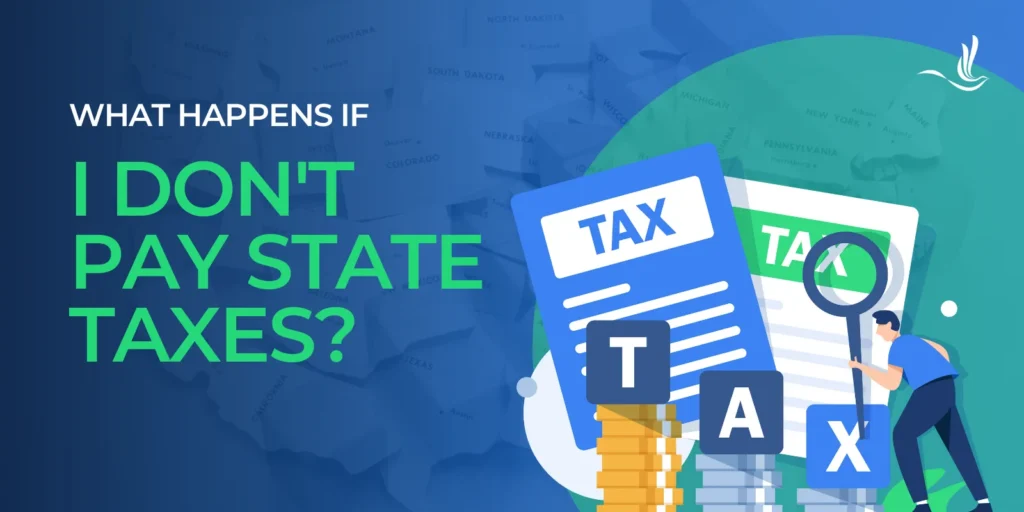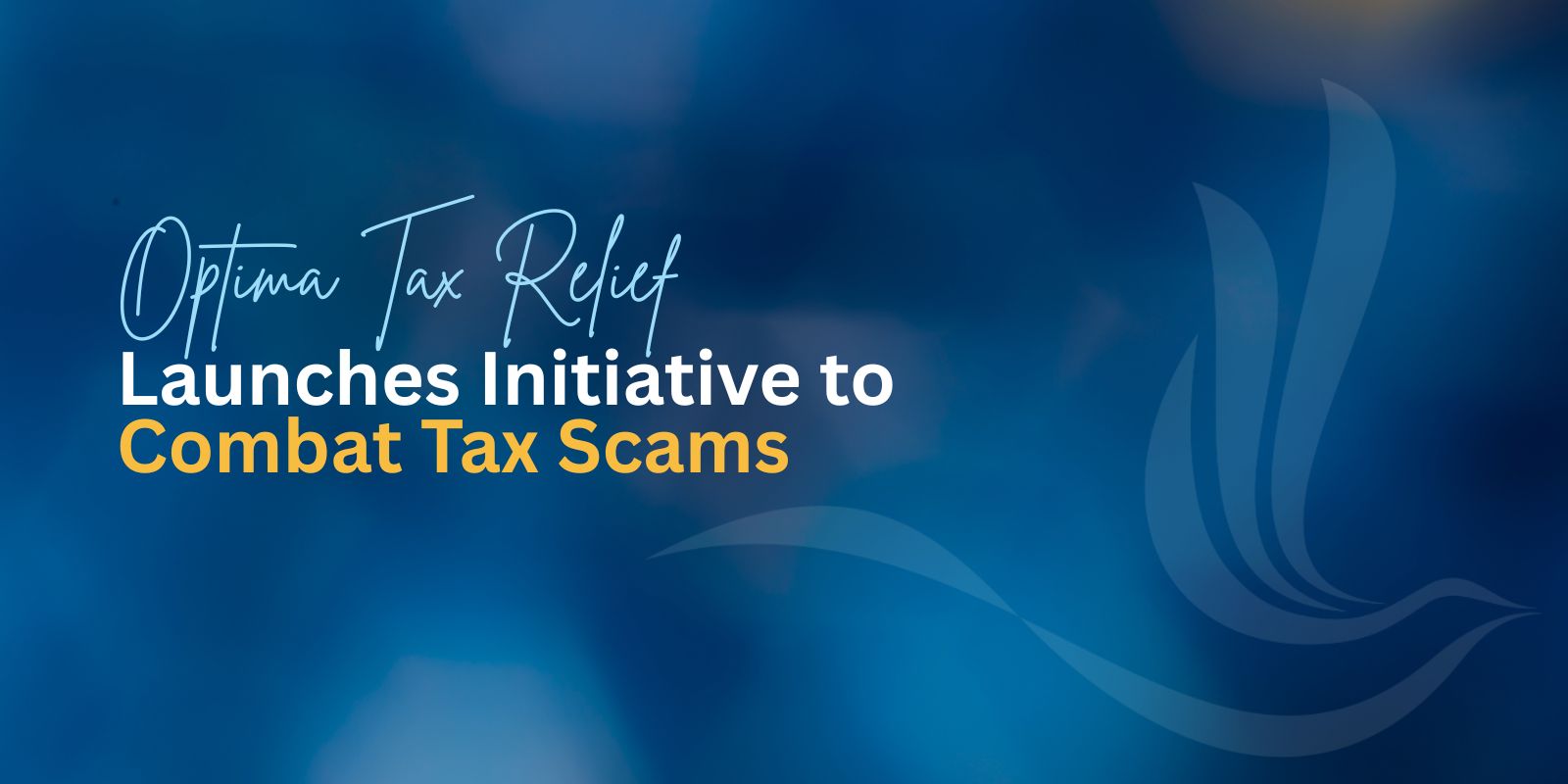Failing to pay your state taxes can lead to a range of consequences, depending on the state you live in and how long the debt remains unpaid. While many are familiar with the penalties for not paying federal taxes, state tax authorities also have enforcement mechanisms to ensure individuals meet their tax obligations. Here’s a breakdown of what happens if you don’t pay state taxes.
Late Payment Penalties and Interest
One of the most immediate consequences of not paying state taxes is the accumulation of penalties and interest. Most states impose a penalty for late payments, often calculated as a percentage of the unpaid tax balance. For example, in California the failure-to-pay penalty is 0.5% of the unpaid tax per month or partial month, with a maximum penalty of 25%. Additionally, interest charges are applied to the outstanding debt, which can quickly increase the amount owed over time. Even if you file your tax return on time but fail to pay, you may still face penalties for not settling the balance.
Notices from the State Tax Authority
When taxes go unpaid, your state tax authority will begin to send you notices. These notices serve as a reminder to settle your balance and provide information on how much you owe, including any added penalties and interest. Ignoring these notices can escalate the situation, leading to more serious enforcement actions.
Tax Liens
If you continue to ignore your state tax debt, the state may place a tax lien on your property. A tax lien is a legal claim against your assets, such as your home or car, to secure payment of your tax debt. Once a lien is in place, it can affect your credit score and make it difficult to sell or refinance your property. Many states will issue a public notice of the lien, which can further damage your financial standing.
Wage Garnishment
Wage garnishment is another powerful tool states use to collect unpaid taxes. If you owe a significant amount, the state can garnish a portion of your wages directly from your paycheck. This means that your employer will be required to withhold a certain amount of your earnings and send it to the state tax authority until your debt is paid off. Unlike some other debts, state tax garnishments often don’t require a court order, making it a quick and efficient collection method. For example, North Carolina allows the Department of Revenue to garnish up to 10% of your wages to recover unpaid taxes. This can continue until the debt is fully satisfied. In Ohio, the state can garnish up to 25% of your disposable income to cover unpaid state taxes.
Bank Levies
In some cases, states can issue a levy on your bank account, allowing them to seize funds directly from your account to cover your unpaid tax debt. Like wage garnishment, a bank levy can occur without a court order. Once a levy is placed on your account, the bank may freeze your funds, preventing you from accessing your money until the debt is resolved.
Seizure of Assets
For severe cases of unpaid state taxes, some states have the authority to seize assets, such as personal property or real estate. This usually happens after repeated attempts to collect the debt have failed. The state can sell these assets to recover the unpaid taxes. Asset seizures are a last resort but can happen if the debt is substantial and all other collection efforts have been unsuccessful.
Loss of Licenses
Some states may suspend professional licenses, driver’s licenses, or business licenses if you fail to pay your taxes. In California, the Franchise Tax Board (FTB) can suspend your professional, occupational, or driver’s license if you owe more than $100,000 in unpaid taxes and have not entered into a payment agreement. In Louisiana, the Department of Revenue can suspend business licenses, such as liquor licenses, for businesses with unpaid taxes. This can have significant impacts on your career and livelihood, especially for individuals in professions that require licensing (e.g., doctors, lawyers, contractors). Losing a business license due to unpaid taxes can also cripple your ability to operate and generate income.
Legal Action
In certain situations, state tax authorities may take legal action against taxpayers who fail to settle their debt. This can result in a court judgment, which could lead to wage garnishment, bank levies, or other enforcement actions. While criminal charges for unpaid state taxes are rare, they can occur in cases involving fraud or intentional tax evasion.
Impact on Credit Report
Unpaid state taxes can negatively impact your credit report if a lien is placed on your property or if the debt is sent to collections. A lower credit score can make it more difficult to qualify for loans, credit cards, or favorable interest rates. It can also affect your ability to rent housing or secure employment in certain fields.
Collection Agencies
If the state tax authority is unable to collect your debt, they may refer your account to a private collection agency. Collection agencies can be aggressive in their pursuit of payment, often adding additional fees and interest to your outstanding balance. This can make it even more challenging to pay off the debt.
What Should You Do if You Can’t Pay Your State Taxes?
If you’re unable to pay your state taxes, taking immediate action is essential to avoid harsh consequences. Many states offer programs to help taxpayers manage their debt.
- Payment Plans: Most states allow payment plans for individuals unable to pay their tax bill in full. These plans allow you to pay off the debt in smaller installments over time.
- Offers in Compromise: Some states, like California and New York, offer programs where taxpayers can settle their debt for less than what they owe if they can prove financial hardship.
- Filing for an Extension: Filing an extension can delay the filing deadline but doesn’t extend the time to pay taxes. This could help avoid late filing penalties but not late payment penalties.
- Seek Professional Help: Consulting a tax professional can help you navigate the process of settling your state tax debt, negotiating with the tax authority on your behalf, and exploring hardship or penalty abatement options.
State Tax Help for Those Who Owe
Ignoring your state tax obligations can lead to serious financial and legal consequences, including penalties, interest, wage garnishments, tax liens, and even asset seizure. Each state has its own rules, but the bottom line is that states will aggressively pursue unpaid taxes. If you find yourself unable to pay, it’s crucial to seek assistance, negotiate a payment plan, or explore other relief options before the situation escalates. Optima Tax Relief is the nation’s leading tax resolution firm with over a decade of experience helping taxpayers with tough tax situations.
If You Need Tax Help, Contact Us Today for a Free Consultation
Publisher: Source link











